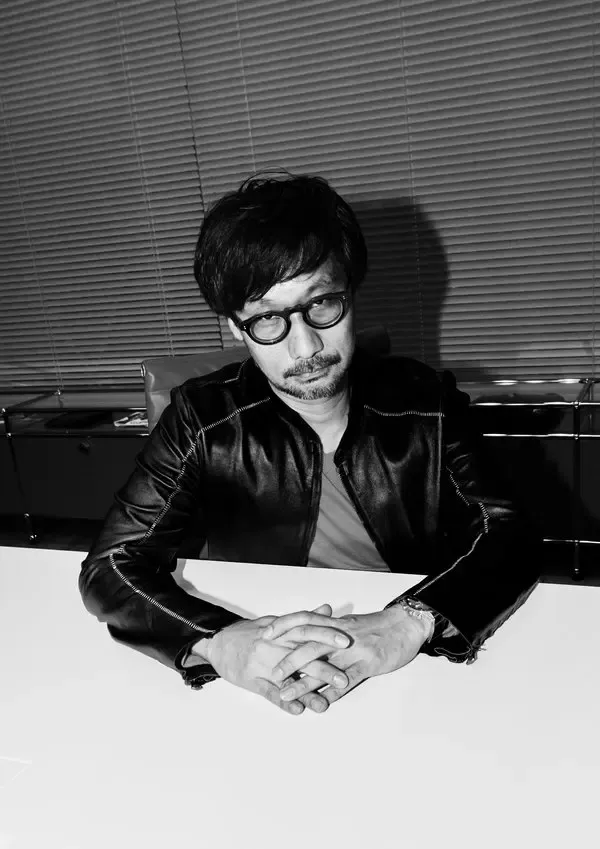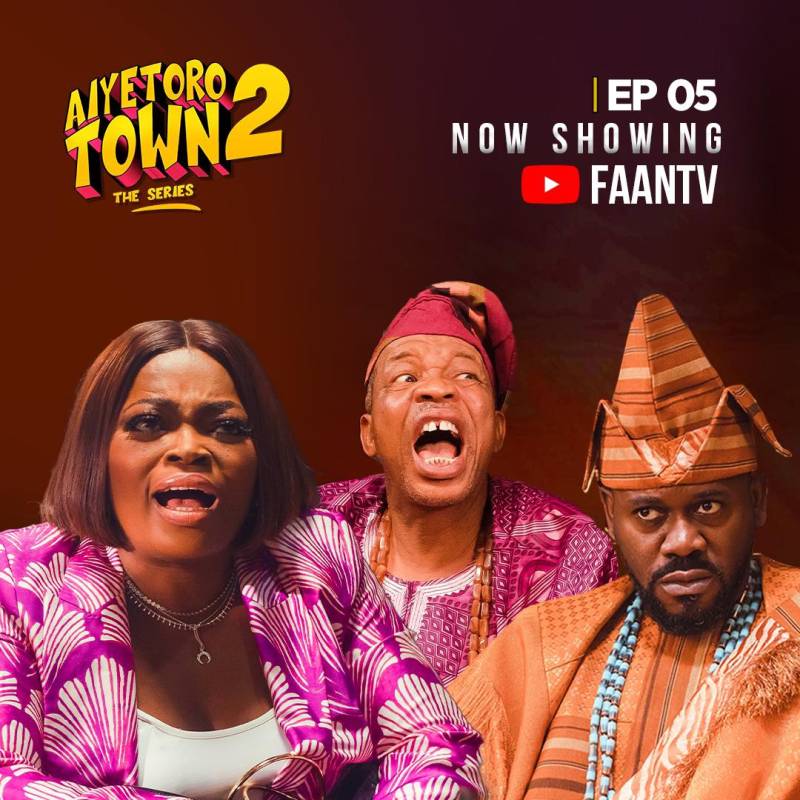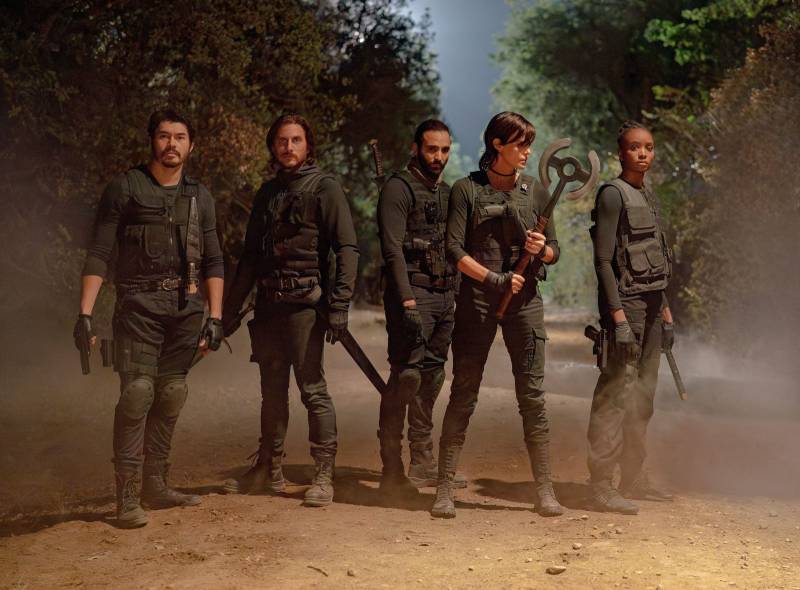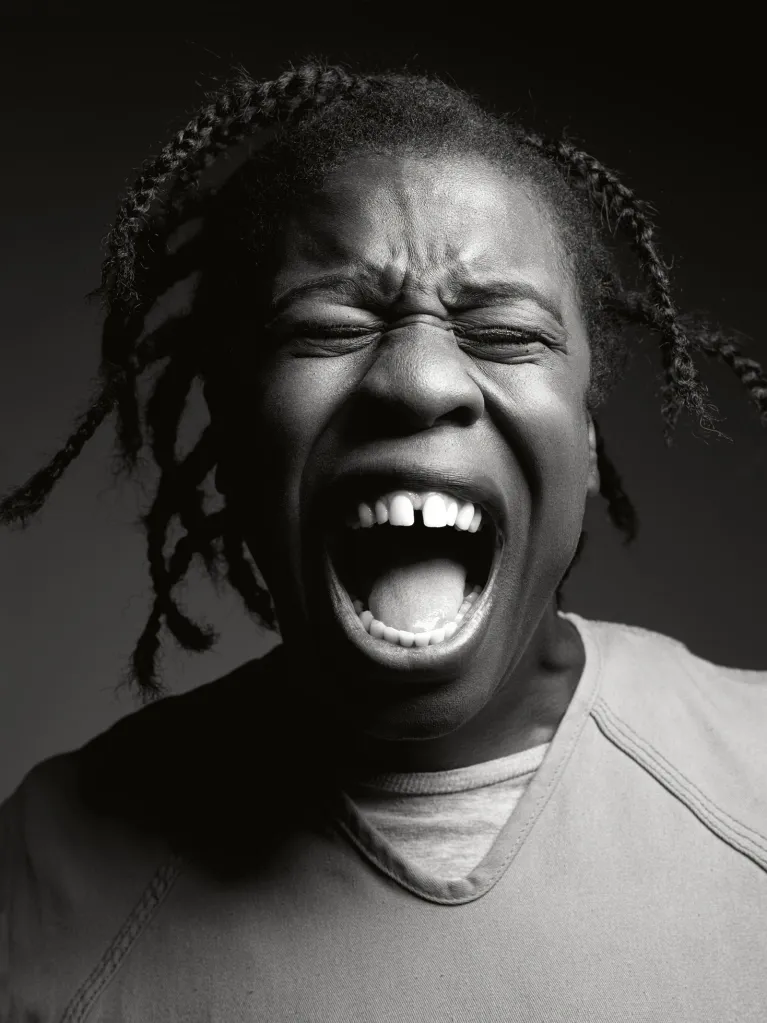In Nigeria’s bustling comedy scene, where punchlines rule and viral skits are the currency of fame, one name has steadily risen from digital banter to commanding serious attention—Degeneral. Known for his charisma, spontaneity, and endearing simplicity, the skit maker has built a loyal fanbase by making millions laugh with everyday street realism. But with his recent film, The Lost Samurai, Degeneral proves that his story is deeper than skits—and his talent is far wider than 60-second humor clips. This isn’t just a movie; it’s a statement.
Born as Sunday Joshua, Degeneral carved a name for himself on Instagram and YouTube, weaving comedy out of chaos, mostly portraying a young man navigating Nigerian hardship with stubborn optimism. His style is unscripted, but not careless—his delivery is tight, yet effortless. Skit after skit, he became not just a content creator, but a digital storyteller, a mirror to the street hustle, and a muse for the struggling youth who see themselves in his content. What sets him apart has always been his ability to keep it “real”—but with The Lost Samurai, he took that realness to a whole new realm.

Related article - Uphorial Sweatshirt

The Lost Samurai is more than a movie—it is Degeneral’s cinematic coming of age. The film tells the story of a young African warrior torn between loyalty and personal transformation, filtered through a comedic lens but soaked in thematic weight: identity, honor, and displacement. It’s daringly experimental for someone whose brand was built on short-form, fast-laugh content. Degeneral didn’t just want to make people laugh this time—he wanted to make them think. And in many ways, The Lost Samurai feels like a metaphor for Degeneral himself: a comic turned crusader, lost in an unfamiliar terrain, but fighting with raw heart.
The film’s style is both satirical and symbolic. Some moments pull you back to the raw hilarity of his old skits—clever wordplay, exaggerated accents, expressive face-work—but there’s also clear intention in how he frames each scene, tells each joke, and builds each character. You sense the growth, the cinematic curiosity. From script to acting, Degeneral didn’t just want to entertain; he wanted to stretch the limits of his voice. It is rare for Nigerian skit makers to make a successful leap into long-form storytelling. The path is narrow, and even narrower for those who dare to take artistic risks. But Degeneral does—and does it with a distinct flair.
What makes The Lost Samurai deeply compelling is not just the film itself but what it represents: a generation of content creators refusing to be boxed in. The rise of digital comedy in Nigeria has democratized fame, but it has also created ceilings. Creators are often typecast, their talents confined to smartphone screens. Degeneral, through this movie, breaks that ceiling and steps into a fuller creative identity. He becomes more than a funny guy; he becomes a filmmaker. He becomes a storyteller with a sword, piercing through cliché and crafting his legacy.
Perhaps most inspiring is the fact that Degeneral’s journey hasn’t been all smooth. He’s had his share of controversies and personal struggles, including a widely publicized arrest in 2022. But through it all, he remained transparent, resilient, and driven. It is this very humanity—flawed, fiery, and fearless—that makes The Lost Samurai hit differently. You’re not just watching a film; you’re witnessing a man who’s been laughed at, judged, celebrated, and underestimated—finally take control of his narrative.
In a space where virality can be fleeting and fame often hollow, The Lost Samurai gives us something rare: purpose-driven content. And Degeneral, once just the neighborhood joker with a phone, now stands as proof that even the most unexpected paths can lead to mastery—if you stay true, stay growing, and stay wild enough to dream. Degeneral didn’t lose himself in the digital rush. He found a sword, sharpened his craft, and came back swinging. And now, we all get to watch the magic unfold.



